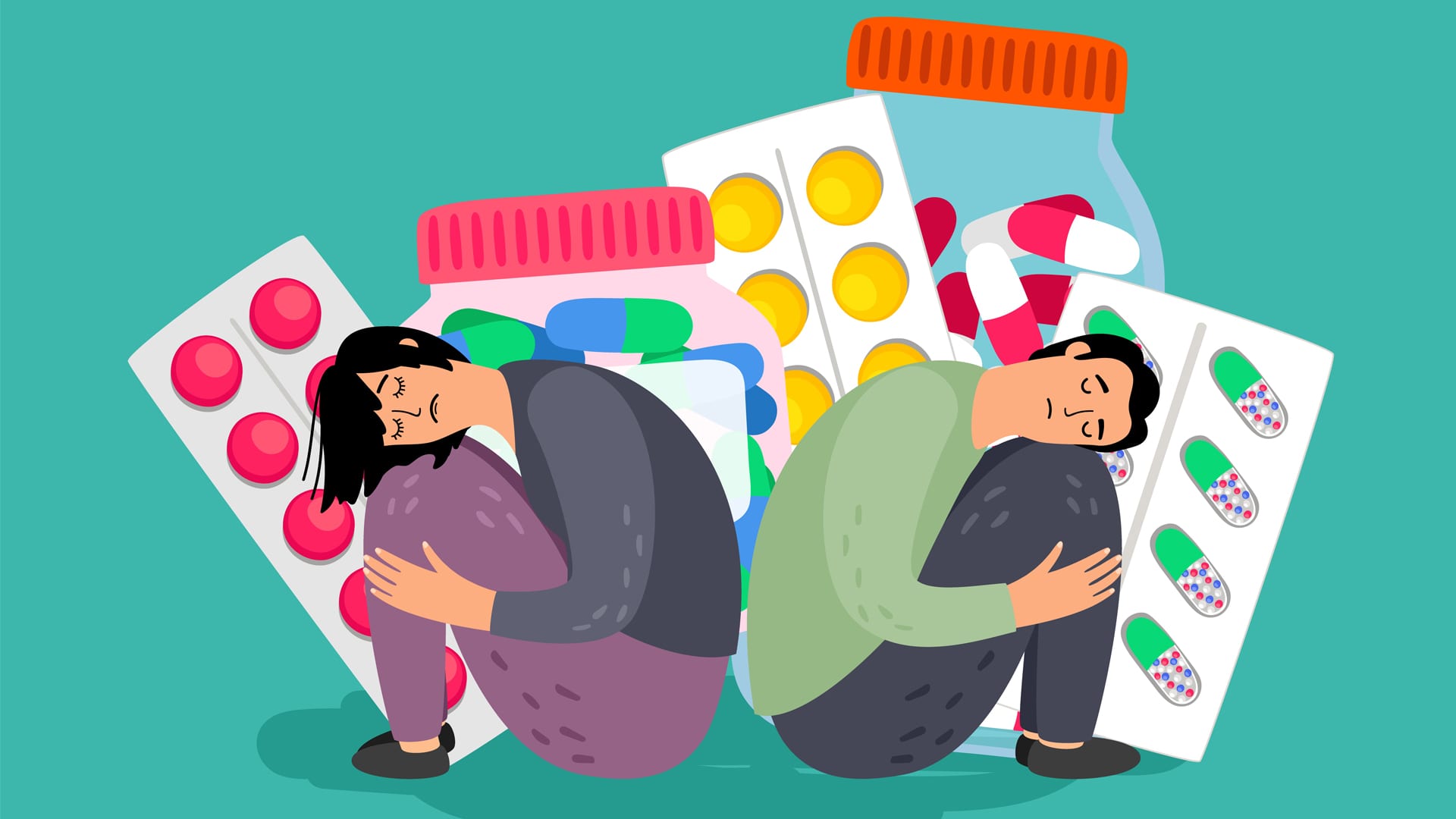Addiction causes bad brain thinking — truth or false

The perception of addiction as a disease of the brain is often mistaken. According to biomedical conclusions, any addiction leads to self-destructive. Injuring and dysfunction of the limbic system of the brain are the main results. That negative way causes weak memory and a lack of motivation. With every dose, an addicted person seeks a kind of reward. That praise brings a positive feeling of pleasure, satisfaction. The drug dose also distresses the neurological system and provokes disorders. As a result, a person feels a strong need for vital activities: eating, sex, and sleeping. Intensive abuse of drug use may become the reason for synthetic addiction. The possible aftermath is wide-spread drug addiction.
In the early period of addiction, there may be an unpredictable wish to use a drug. That motivation may be due to brain activity. The sensitivity provides by neurotransmitters, such as serotonin and dopamine. A strong form of addiction leads to negative affection on the brain's capability to reproduce those chemicals. As a result, temporal and frontal brain lobes suffer and struggle with the destructive impact of drugs. The possibility of thinking, speaking, and moving becomes unavailable.
Those cognitive changes signal that a person needs to use drugs for a constant term to feel a pleasant state. Ending of drug use may lead to awful physical and moral dissatisfaction. The consequences can be terrifying. A man will not associate the present perception with the first experience of using anymore. His constant craving will be trying to avoid possible drug shortages to be able to continue receiving the dose.
Stop the addiction is not so simple as it seems to be. Even if the man passed the stage of possible recurrence, the chance of repeated drug use is possible. It also depends on the biological and physiological aftermath of long-term drug using. Even the psychological perception may trigger the drug need and force a man to find any chance to enjoy drugs coming through his body. An interrupted period of abstinence will bring more destructive consequences. And it points to the importance of avoiding the probable relapsing to that drug euphoria. An unstable state of the drug user must prevent by an intense therapy or a full rehabilitation course.
Furthermore, sensitive perception can not stand against the sensation of the aftereffect of drug use. For example, if the person visits familiar places or does activities that have a strong emotional link with previous drug use, that definitely may be a stimulus for further drug use and returning to addiction.
